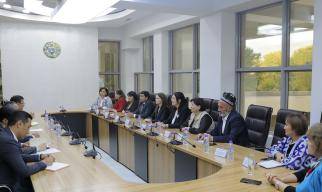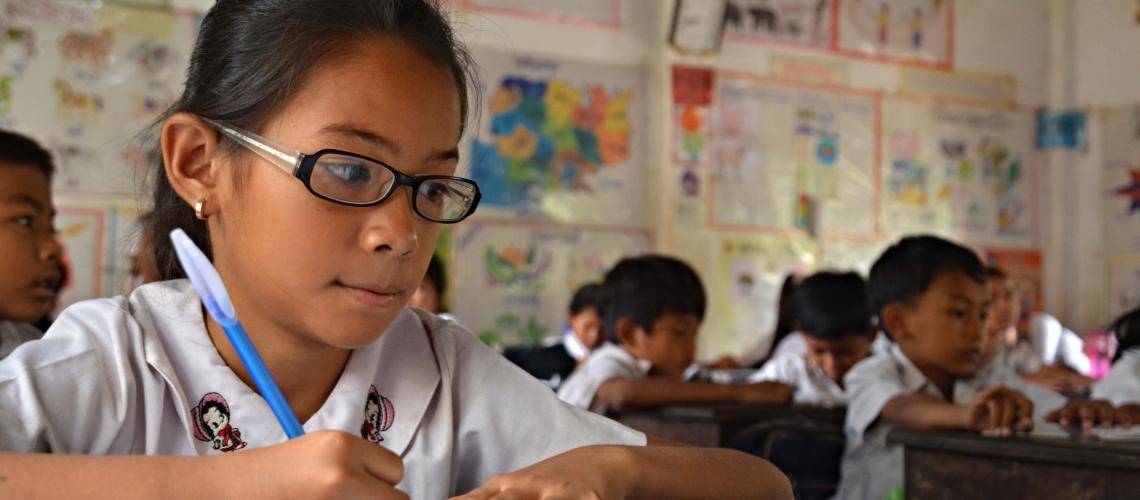HUB overview
A key component of KIX is a knowledge sharing and exchange function, where country representatives come together to share information, innovation, and best practices related to education policy and programming and to inform knowledge gaps and policy priorities. Four regional hubs act as knowledge brokering units for KIX. This page provides information on the hub that primarily oversees activities in Europe, Middle East and North Africa, Asia and Pacific region.
About the Hub
The KIX Europe, Middle East and North Africa, Asia, and Pacific (EMAP) hub facilitates cross-country knowledge exchange and mobilization, learning, synthesis, and collaboration among national education stakeholders in 30+ Global Partnership for Education partner countries in Europe, Middle East and North Africa, Asia and Pacific region. The hub functions as a regional forum within KIX.
Approach
The 30+ countries represented by this hub face extremely diverse education issues, contexts, and histories that will be addressed using participatory and inclusive approaches to engage national education stakeholders, including governments, donors, international organizations, civil society organizations, teacher organizations, foundations, the private sector, and universities.
The hub will help bring shared priority themes to the surface and facilitate peer-learning. It will also support national education stakeholders to produce knowledge that is relevant at country, sub-regional, or regional levels. Gender issues will be integrated into the project’s policy analysis work. The learning will be demand-driven and developed through workshops, country visits, studies, and webinars. To get quarterly updates on the hub's activities through alerts and a quarterly newsletter, fill in this form.
About the region
The cluster of post-socialist countries (i.e. Central Asia, Caucasus, Europe, Mongolia) can build on a legacy of gender equity and near universal access to primary and lower secondary education.
Yemen, Sudan, and countries in South Asia must cope with large numbers of refugees, internally displaced persons, and out-of-school children and youth. UNESCO notes that enrollment ratios for girls in lower secondary range from below 50% in Afghanistan and Pakistan to almost double in Bangladesh, Bhutan, Georgia, Nepal, and Viet Nam. The quality of education also ranges widely. For example, although children in Viet Nam and Nepal have the same average number of years of schooling, Vietnamese children score much higher than Nepali children in standardized learning assessments, according to the World Bank.
The KIX EMAP hub can address these challenges by helping to produce, document, and exchange regionally relevant knowledge and by creating new opportunities for joint capacity building across countries.
Activities

Contact


